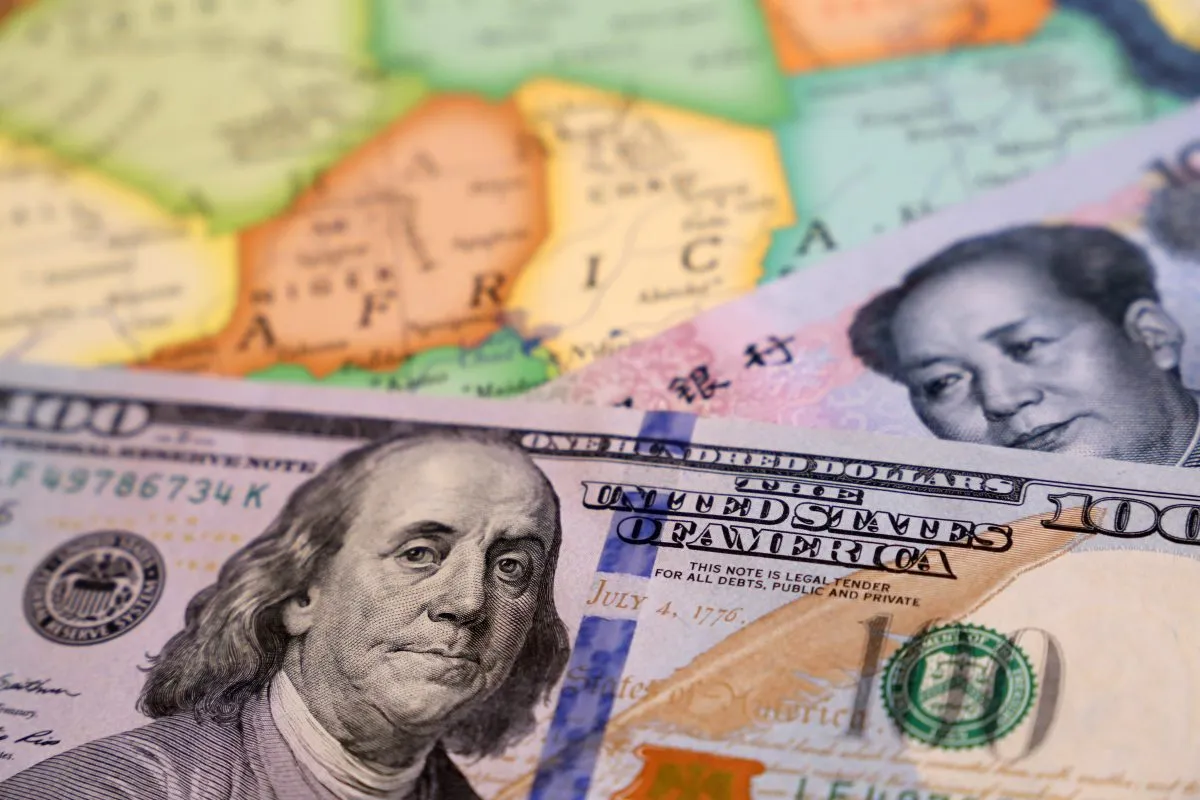Many debt-distressed African countries will have successfully restructured their most unaffordable loans and be better placed to attract a new wave of sustainability capital through private investment by 2024, says a new report from special intelligence advisory Pangea Risk.
The report argues that debt transparency, sound fiscal and monetary governance, and candid bilateral relations with creditors are the primary political indicators of effective debt treatments, while multilateral debt relief initiatives, such as the G-20’s Common Framework, fail African countries.
Angola is cited as an example of the model for African countries charting a way out of debt, while Zambia and Mozambique provide “worst case” examples.
The authors predict that at least three major African sovereigns will successfully restructure their debt in 2023 in order to avoid a default scenario by 2024. “These are Ghana, Kenya, and Nigeria, which each in their own way are seeking a bespoke treatment of their obligations,” they write.
Kenya and Ghana are predicted to achieve successful debt restructurings through extended maturities on foreign currency obligations, domestic loan swaps in exchange for concessional finance, and limited haircuts for some bondholders.
In the case of Nigeria, an external restructuring is seen as improbable, but a domestic debt swap is said to be on the cards, despite concerns over its legality.
“African sovereigns that undergo managed debt treatments this year in order to restore their borrowings to a sustainable path will be better placed to benefit from impact investment in coming years,” say the authors.
Bringing in investment
According to the African Development Bank, Africa faces an infrastructure funding gap of $100bn per year.
Returning to financial stability will be a positive development as Africa prepares to commit to a record amount of climate finance and other impact investments, which will be channelled through frameworks such as the United Nations Global Climate Fund (GCF), other climate investment funds and development finance institutions, says the report.
But African countries must also strengthen the policy environment to ensure more private sector investment, “in particular sticky foreign direct investment (FDI) flows” warn the authors.
“For infrastructure projects that are not suitable for private investment, sovereigns with a credible investment programme that addresses environmental and social challenges will be best positioned to tap into an incremental pool of capital from sustainability and impact focused investors,” they add.
Mechanisms that fail African countries
The authors criticise the “often-prohibitive credit ratings imposed on many distressed sovereigns”. These, they say, restrict “climate financing activities and other development funding in these countries”.
“Credit ratings have restricted private finance and development funding in many countries should be more reflective of local sovereign debt conditions, the political climate, and efforts to enhance debt sustainability,” says the report.
The authors argue that managed debt restructuring should be encouraged by creditors and future investors, rather than disavowed by credit rating agencies.
Multilateral debt treatment mechanisms such as the G20’s Common Framework have demonstrated “little worth in offering debt relief beyond the Paris Club [terms for relief set by wealthy lending countries] and should be reformed to address African countries’ more complex debt profiles”, they argue.
The report finds that debt-distressed African sovereigns that have successfully undergone a managed debt treatment coordinated by multiple stakeholders, such as Angola, will be in a better to benefit from private sector investments, including from sustainability and impact-focused investors.
Angola’s way out of debt crisis provides model for others
For Pangea Risk, Angola’s debt treatment and IMF programme have set a valuable model for other debt distressed African countries and emerging markets to follow, while Mozambique’s protracted debt crisis provides a “worst case” example.
“Angola’s 2020 debt restructuring deal with Chinese creditors, participation in the DSSI scheme, and simultaneous IMF programme provided the credit support and policy anchorage required to help the oil-producing country out of a five-year recession by 2021 and towards economic recovery into 2023,” says the report.
In contrast, multiple debt restructurings in Mozambique since the emergence of its debt crisis in 2017 have been “reactive and often chaotically implemented, bringing little respite to bondholders”, a course that the authors see in other “messy defaults” such as that of Zambia.
In the case of Mozambique, “[w]eak state institutions, lack of fiscal transparency, and poor debt management lie at the root of volatile relations with creditors and slow progress on debt restructuring agreements,” says the report.
Related articles
Want to continue reading? Subscribe today.
You've read all your free articles for this month! Subscribe now to enjoy full access to our content.
Digital Monthly
£8.00 / month
Receive full unlimited access to our articles, opinions, podcasts and more.
Digital Yearly
£70.00 / year
Our best value offer - save £26 and gain access to all of our digital content for an entire year!

 Sign in with Google
Sign in with Google 



